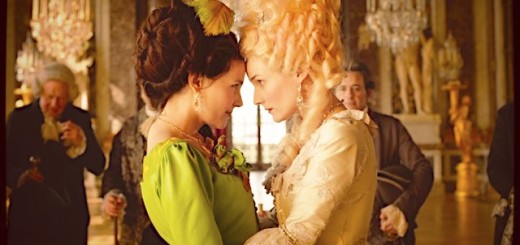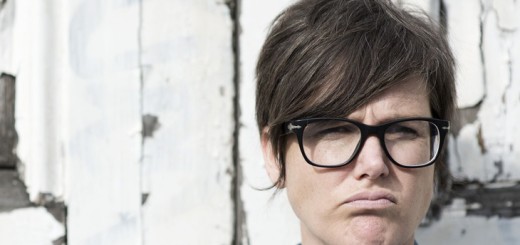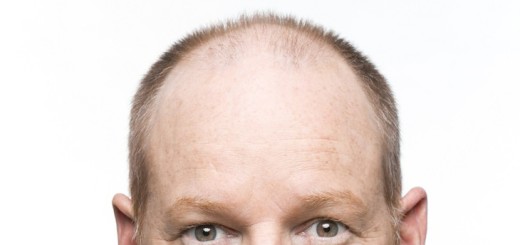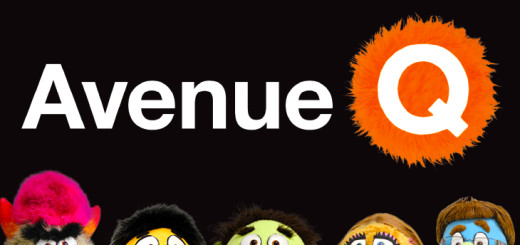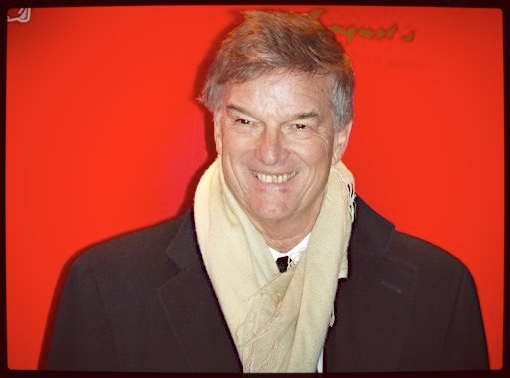
Interview – Benôit Jacquot
Acclaimed French director Benôit Jacquot is in town to promote his new film Farewell, My Queen and attend the opening of the Alliance Françiase French Film Festival.
We caught up with him to chat about his life in cinema – as a director and a lover. Benôit is typically French in many ways, but also very humble for someone with such an illustrious movie career. For example, he chose to have a translator convey his answers for most of the interview, but all his responses were very genuine and honest.
For festival dates in your city, check out the Alliance Françiase French Film Festival website and reviews here.
Welcome to Adelaide, is this your first visit?
Yes and Australia.
Oh wow, Australia too. How are you finding it?
Very far. (laughs)
So you decided to become a film-maker at age 13, what attracted you to film as opposed to other art forms?
It’s quite complicated, but I thought that it was the form of art that would actually take an insight in to the world the way I wanted. When you’re about 12 or 13, you ask yourself a whole lot of questions – Why you’re in this world and how you’re going to live in this world? Which direction will you take? And the one that I thought would take me forward was Film and Cinema.
And with film, did you know straight away that you wanted to be a director rather being a writer or an actor?
Yes, straight away. When I was a kid, I always put stories together and made my own little shows.
How much were you influenced by Hollywood and the French New Wave cinema at that time?
It played a very important part in my story actually. And when the New Wave movement was around, I could identify with it and it also influenced a lot of young film-makers at the time. And we were also significantly influenced by Hollywood. But a lot of those film-makers in Hollywood at that time, were originally from Europe anyway.
Your made your first few short films with Dominique Sanda, who you were living with at the time. And then you made The Disenchanted with Judith Godrèche –
(interjects to his translator) He’s telling my love stories! (laughs)
– well I’m just wondering, is it easier or harder to work with people you’re involved with?
It was actually the best. It’s actually something that I wished to do. It was actually to spend with the actress – your day and your night.
So then do you feel that, as a director, it’s important for you to be in love with the actress you’re directing?
Not only the actresses actually. It’s very important when you film to be in love with what you’re filming. Whether it’s a woman or any other person/object, it’s exactly the same.
Your movies have almost exclusively had female lead roles. Is there a particular reason for that and would you agree with your oft-referred to title as a “Women’s Director”?
(pauses) I don’t really care…
When you read a novel or a script, what makes you think that that is the story you want to turn in to a movie?
It’s something very special – it’s like all of a sudden you’ve got a vision and you know from this story, that it is going to be your film. Just earlier, I was smoking a cigar in the street just outside and I actually just had a vision and imagined a scene I’d like to film right there.
The French Film industry, in Europe especially is quite big and influential. Do you wish that is had a bigger influence in the ‘English speaking’ world – for example, Australia and the U.S.? For your average Australian movie-goer, Amelie might be the only French film they’ve seen. Do you think there’s something the French Film industry can do to broaden its reach?
I don’t think so. I actually believe that French cinema has its own audience that has a strong following. The ones that will watch French films on a regular basis. And I don’t think we can find that same audience everywhere.
Your films are quite powerful in their messages. Do you feel that cinema is a medium that can change society? Is it really that powerful a medium?
(long pause and various hand gestures) Sometimes films have been used as tools in politics. But it’s not what they should be doing. It’s not what film is for.
Do you feel that Farewell My Queen has many similarities to your film A Single Girl? In themes, filming style etc?
Yes, but in many ways it’s very different and in many ways similar. But sometimes also very paradoxical. A Single Girl was contemporary made on a small budget and Farewell My Queen is a period film which required a very big budget to film it. But then both are similar in the way that a young girl experiences a transformation to womanhood, within dramatic contexts.
What was it like working with Virginie Ledoyen after all these years?
She’s the same person. But yes, there’s been changes. She was nineteen at the time.
What was it about this particular novel, the moment, that you decided you would make a movie on it?
It is a very important move in history that happened in this short period of time and it’s being seen from the eyes of a very young woman who didn’t quite grasp the scale of what was happening. That really caught my interest.
I read the Léa Seydoux was very nervous about the nudity in the film. What does a director do in a situation like that to comfort his actress?
She was not nervous. No, not at all. And the only way to get around that is to make it very quick. In the scene that Léa is nude, we filmed very quickly, so she couldn’t even feel nervous. In fact, when we finished the scene, she said ‘Is that all?’.
Are you happy with how the film turned out? Do you think it conveys all the messages you wanted to get across?
Yes, it seems to be a success everywhere, so I won’t complain about it.
Technically, the film is brilliant. It’s beautiful and full of vibrant colours. I’m aware that you prefer the Alexa cameras. Would you advice other film-makers to adopt the newer technologies?
So it’s actually one of the best digital cameras available at the moment. It’s allowing me to focus on a lot of technical aspects that the technology before this wasn’t allowing me to do and this is the first film I have used it on and it worked really well.
What’s next for you? Is there a project you’ve got in mind?
I’m currently making two films. First one is a contemporary film that will be made in France and the second one will be a period film. The contemporary one will be called ‘Three Hearts‘ and the period film will be ‘Diary of a Chambermaid‘.
A tricky one, is there a Hollywood film you would like to remake? One that you think needs to be done again and better?
(in English this time) No I have not that kind of pretension. That is the kind of thing you do when someone asks you to do precisely. If somebody asks me, I don’t know why, to shoot a remake of a Hitchcock film, I think I wouldn’t do it, but I would think about it.
Finally, do you have a muse? And do you think it’s important for director’s to have a muse?
(in English again) I had several muses. If you see the films I make, when I shoot several films with the same actress, it’s a kind of muse. But I’m waiting for the next one. (laughs)
